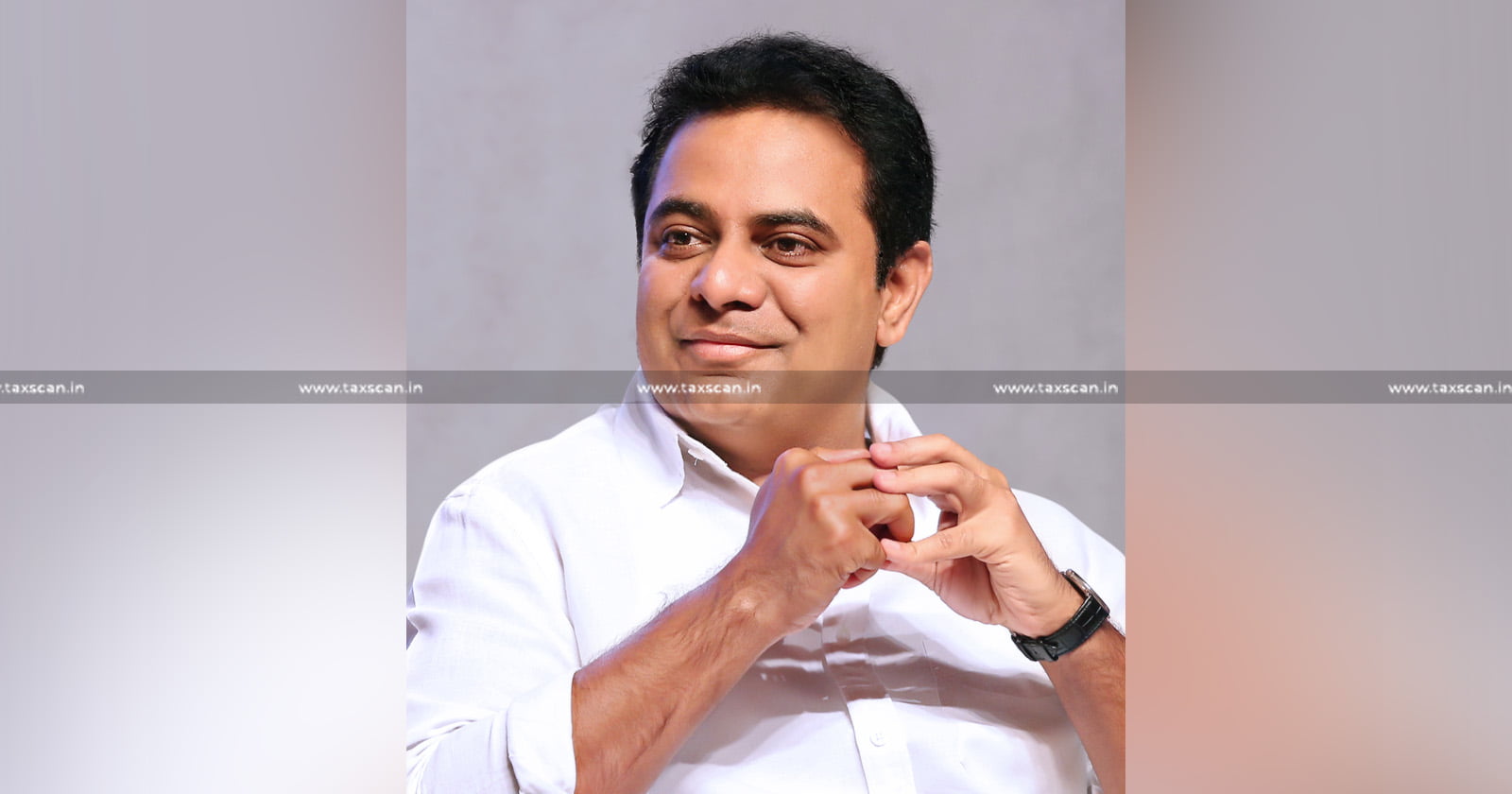Telangana Minister K T Rama Rao Writes Central Govt to cut down GST on Medical devices and Diagnostics

Telangana Minister K T Rama Rao wrote to the Union government on Tuesday requesting that the Tax on diagnostics and medical equipment be reduced from 18% to 12% and 5%, respectively, and that initiatives be put in place to encourage component production in India.
Also, the need to encourage businesses by increasing import taxes gradually under a Phased Manufacturing Plan (PMP), as was done for mobiles and X-Ray machines, was emphasised.
In a statement to union minister for commerce and industry Piyush Goyal, the minister raised significant difficulties facing the country's medical devices industry and suggested policies to support it.
Rama Rao noted that there was a need to ramp up testing facilities within the country as the number of labs for testing medical devices was insufficient for an industry that is growing at a rate of more than 15% CAGR.
"The Telangana government is willing to partner with the union government to set up a Medical Imaging Hub with advanced equipment and machinery in the Medical Devices Park, Hyderabad to promote industry to manufacture these components," Rama Rao said.
The minister urged the union government to prioritize establishing a legislation for elevated testing labs in India, incentivize accredited labs, and enhance the construction of more testing facilities with cutting-edge technology to make sure that public procurement is supported in accordance with CDSCO registration or manufacturing licences, as well as Indian Certification of Medical Devices accredited by National Accreditation Board for Certification Bodies (NABCB).
Addressing the ongoing challenges with supplies of raw materials in the medical device industry, the Minister stated that the sector placed large orders abroad, which typically took 6 to 12 months to deliver, and that stocking was also a very tricky problem.
In a meeting, considering the issues raised by the Chief Executive Officers and association representatives of the medical devices industry, the Minister stated that currently, in addition to the custom duty, even GST on spare parts of medical equipment was charged at a higher rate than the equipment cost, which impairs the costs of medical devices in the country.
Further, the medical devices were not luxury items and it was extremely important to recognize that devices or diagnostics would be critical to make healthcare accessible for all.
Support our journalism by subscribing to Taxscan premium. Follow us on Telegram for quick updates


